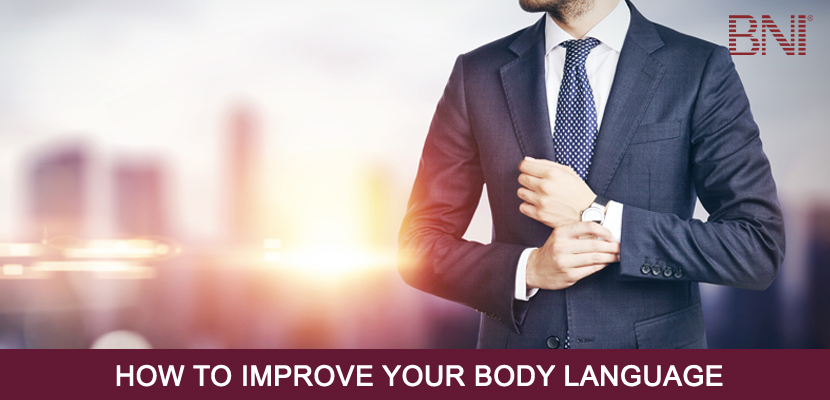Body language is defined as the conscious and unconscious movements and postures by which attitudes and feelings are communicated. It encompases every consious or subcounscious signal sent by your body and quite often can be more communicative than the words you might be speaking. People form impressions about you and respond to your body language. As a result, it is a very important language to keep track of and master.
A lot of your mannerisms are usually subconscious. But it is possible to consciously affect your body language and adopt habits that can help you control the messages you send to the opposite person.
- Be Aware.
The starting point for anything related to body language is to be aware. Pay attention to what your body is doing, when it does what and what that means. This understanding will help you decide what habits you might need to change or improve upon.
- Make Eye Contact
Always look the other person/people in the eye when you are communicating with them. That projects a feeling of trust and confidence. Constantly moving eyes or not making eye contact can give a feeling of shiftiness or that you are hiding something.
- Relax your shoulders but don’t slouch
Stiff shoulders are a sign of tension and can prompt the other person to respond accordingly. However, it is important to make sure you are holding a proper posture and don’t come off as too informal or lazy.
- Use your hands without fidgeting
Fidgeting is a common indicator of nervousness and can detract from your confidence. Be aware of where your hands are and use them to your benefit. Try to keep your movements contained instead of frenzied or slack.
- Use power poses
Social psychologist Amy Cuddy’s research has shown that as little as 2 minutes of a power pose can increase your testosterone levels while reducing the cortisol levels in your blood. These poses involve opening your body and taking up space, making you feel more confident, powerful and in control and will immediately reflect in your interactions.
Remember that no posture or gesture is universal. Culture also plays a big role in the understanding of body language so don’t take it (yours or others) very literally. Be aware of what your body is doing and train it to reflect confidence and genuineness and you will never have to double check if your body is saying something different.
